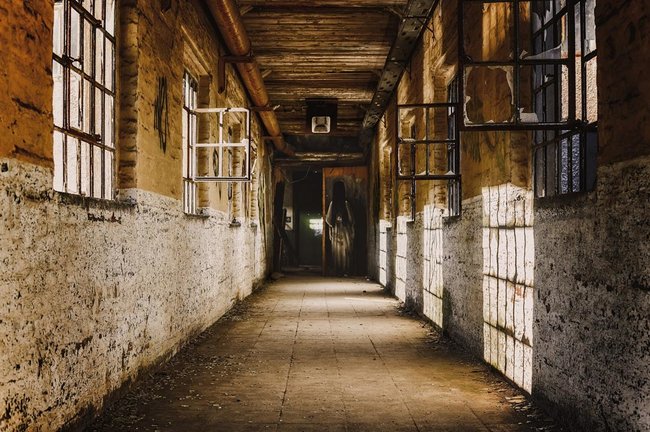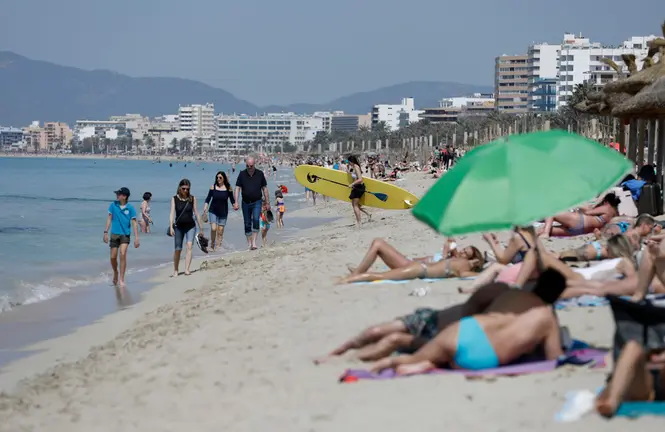The Saimaa ringed seal is among the rarest and most endangered seals in the world. It is also one of the few freshwater-living seals. The seal remained isolated in Lake Saimaa about 8,000 years ago, when the connection with the Baltic Sea after the glacial period broke down. Since then, the Saimaa ringed seals have lived in complete isolation from other ringed seals.
The Saimaa ringed seal is a relatively small seal. An adult can be approximately 140 cm long and weighs 50-90 kg (depending on the season). The average life expectancy of a seal is 20 years. The oldest known individual was 33 years old.
The Saimaa ringed seals live mostly alone or in pairs. They live 65-80% of their life in the water and 80% of it under the surface. Occasionally, seals also rise on the rocks to rest and sleep. The diet of the Saimaa ringed seals consists mainly of a few kilos of small fish per day.
The Saimaa ringed seal is a extremely endangered species. According to WWF Finland, in the 1980s it was estimated that only 120 individuals remained and the seal was close to extinction.
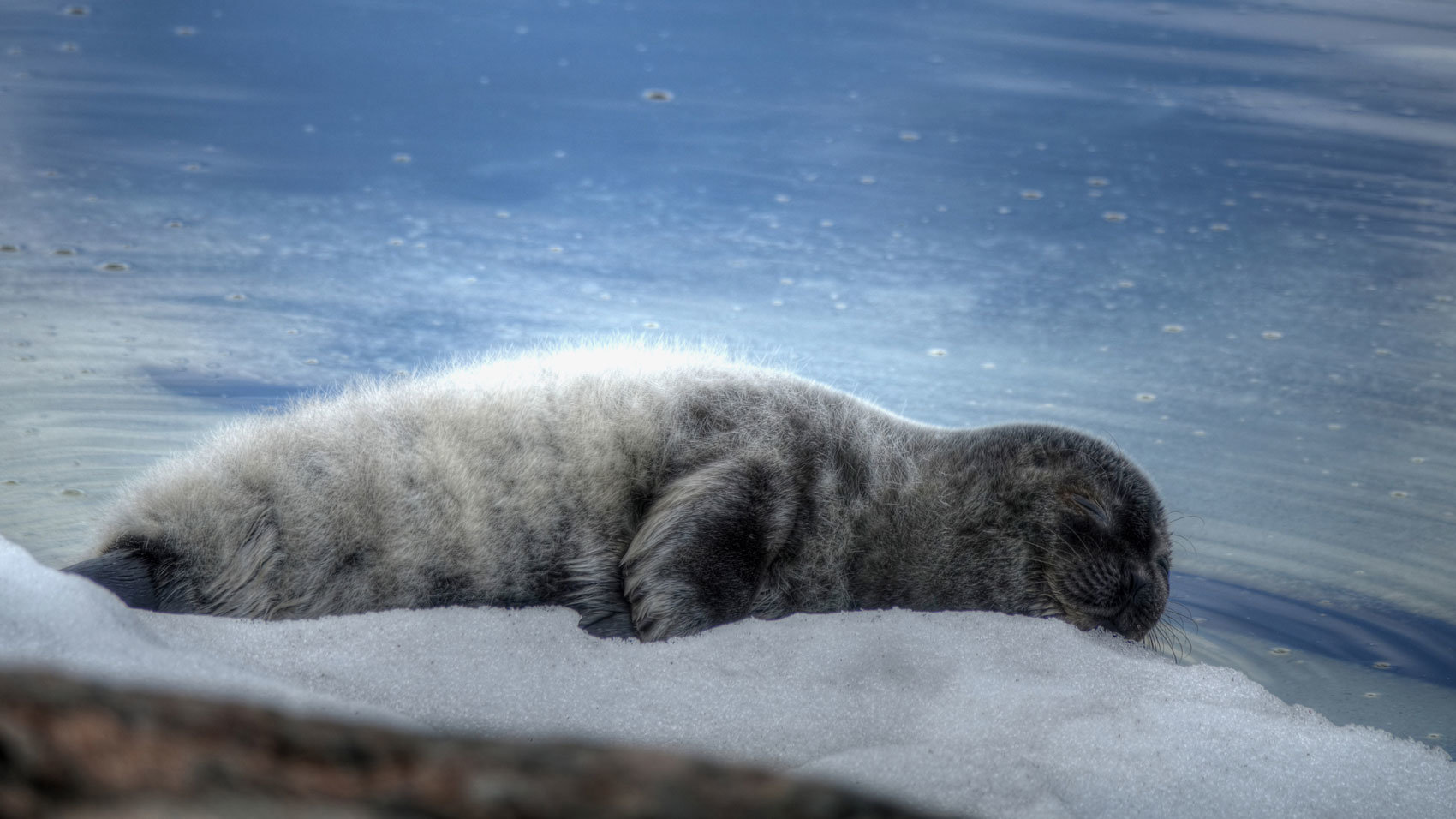
A ringed seal lying on the snow. Photo: Ismo Marttinen/WWF.
No natural enemies but humans
Saimaannorppa has no natural enemies other than humans. The biggest threat is net fishing. Especially the pups are easily trapped in fishing nets and drown. Also the fluctuation of the surface of the Lake Saimaa and environmental toxins are an obstacle to the reproduction of the seal.
Like some other species, also the Saimaa ringed seal suffers the consequences of the climate change. In the 2000s the mild winters weaken the breeding conditions of the seal pups. Snow and ice are vital for the survival of the pups, as the seal gives birth to pups in a nest cave built of snow.
Since 1980s due to conservation and research work by for example WWF, The Finnish Association for Nature Conservation, Parks and Wildlife Finland and the University of Eastern Finland, the number of Saimaa ringed seal has grown slowly and in 2018 the number of seals is estimated to be 380-400 individuals.
Especially the increased fishing restrictions and sufficiently good nesting conditions have contributed to the growth of the species. Many winters the volunteers working with WWF and Parks and Wildlife Finland have built snowbanks for seals to use during winters with few snow. Without this help, even half of the pups would be in danger of dying.
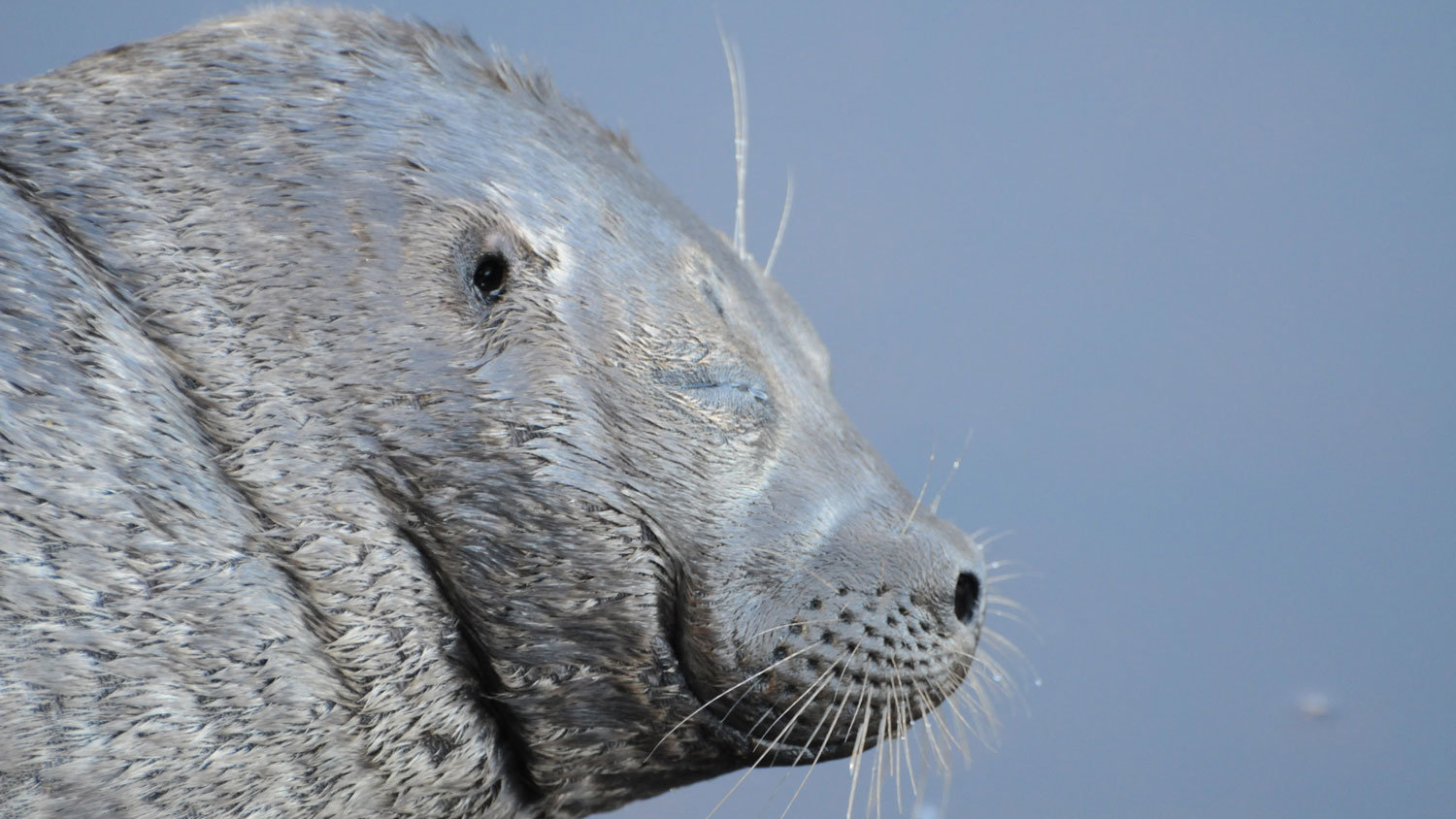
Photo: Mervi Kunnasranta.
Nesting peace
WWF Finland has worked very closely with permanent and free-time residents of Saimaa region aim to protect the Saimaa ringed seals. Each year they declare together with local residents a period of nesting peace. Everyone who voluntarily abandons net fishing on Lake Saimaa receives a diploma.
Environmental education and explaining to the youngest family members the importance of protecting the Saimaa ringed seals is also one of key part of the proliferation of seals in the future.
Saimaannorppa has become a symbol of Finnish nature conservation and has been the emblem of the Finnish Association for Nature Conservation since 1976.
The Finnish Forest Administration (Metsähallitus) accomplish every year a nest counting in order to assess the number of seal pups. In April 2019, it was detected 63 new pups, of which only one was dead. WWF is responsible for the census of the whole seal population in southern Saimaa.
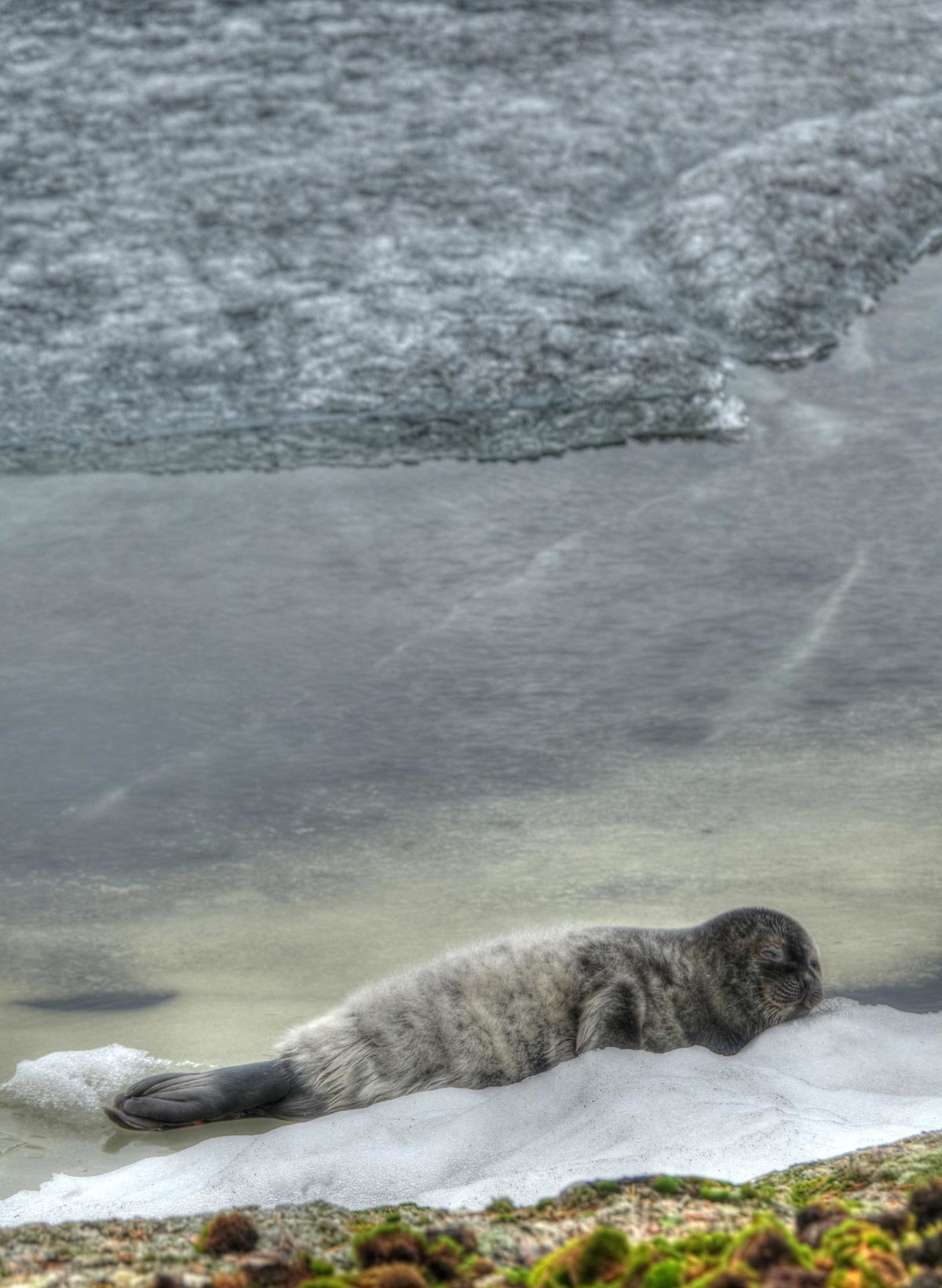
Videos to see them alive
Only a few Finns have really seen a Saimaa ringed seal in the wild. If you are very lucky, on a warm summer day you may see a seal taking the sun on the rock in the Lake Saimaa. However, since seeing a seal is that rare, WWF brings you a camera that sometimes shows live images around the clock of one of the favorite rocks of seals. When live images are not activated, you can see videos of the seal in the same link.
Many of the Saimaa ringes seals are identified and named, so you may see Pullervo, Moona or Siiri on the rock enjoying the sun. There is also a gallery of seals where anyone can send his own picture of a seal or just see pictures of the most popular seals of Finland.
*Last photo: Ismo Marttinen/WWF.










